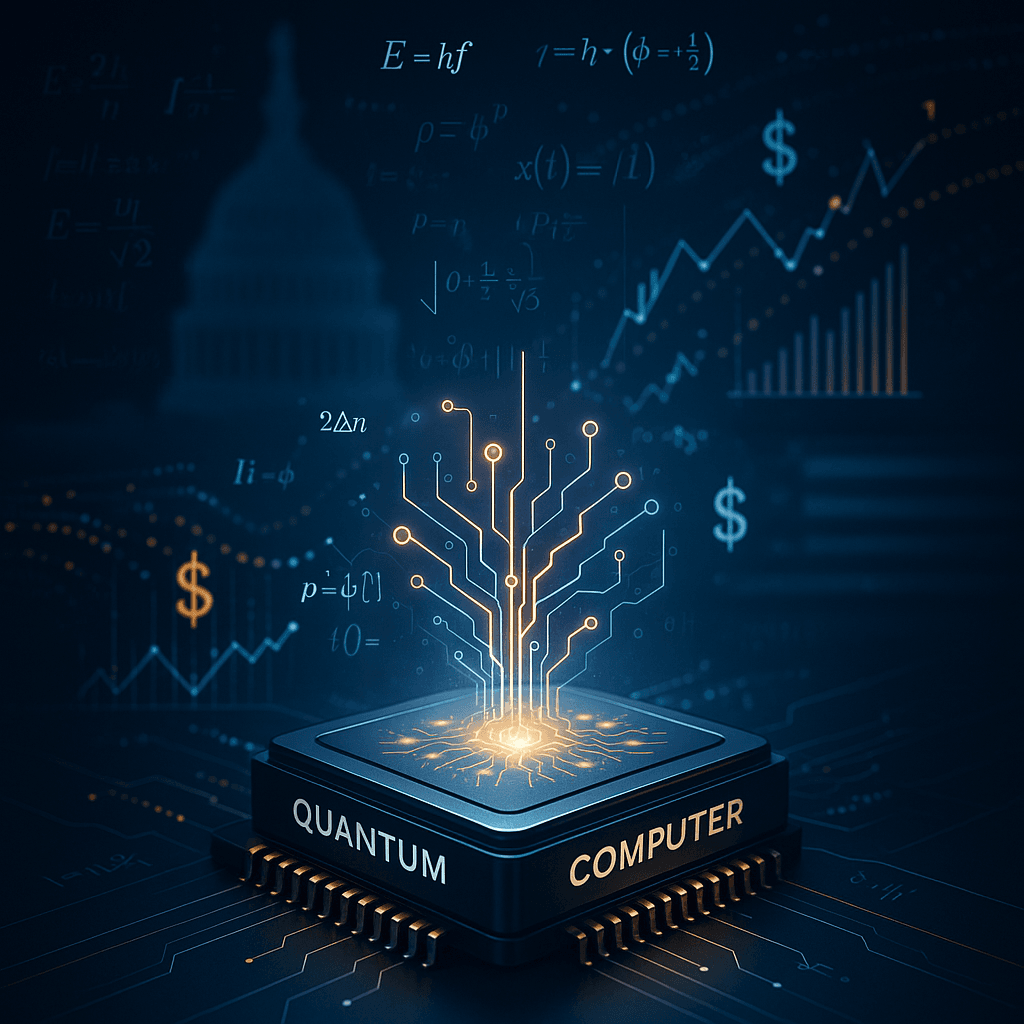The Trump administration is quietly negotiating equity stakes in quantum computing companies as part of a sweeping new federal funding strategy. According to Wall Street Journal reports, the Commerce Department wants ownership positions in exchange for grants - marking the latest expansion of Washington's unprecedented intervention in strategic tech sectors.
The Trump administration just opened another front in its tech investment blitz. Sources familiar with the matter tell the Wall Street Journal that Commerce Department officials are deep in negotiations with quantum computing firms about taking government equity stakes in exchange for federal funding.
The companies reportedly in talks include publicly traded quantum players IonQ, Rigetti Computing, and D-Wave Quantum, along with private firms like Quantum Computing Inc. and Atom Computing. Each deal would come with minimum funding awards of $10 million, though the exact equity percentages remain under wraps.
This represents a dramatic escalation from the administration's previous moves into strategic industries. Just months ago, the Defense Department invested $400 million for a 15% stake in rare earths company MP Materials. Then came the bombshell Intel deal in August, where the government secured roughly 10% of the chip giant for supporting its domestic manufacturing expansion.
"We do have to be very careful not to overreach," Treasury Secretary Scott Bessent told CNBC in an exclusive interview earlier this month, noting the administration won't take stakes in non-strategic industries. But quantum computing clearly made the cut.
The timing isn't coincidental. While Google's recent Willow quantum chip breakthrough grabbed headlines for solving computational problems in minutes that would take classical supercomputers billions of years, Washington has been quietly positioning itself for the quantum race. The technology promises to revolutionize everything from drug discovery to financial modeling while potentially rendering current encryption methods obsolete.
"Quantum computing utilizes quantum mechanics to solve problems beyond the capabilities of today's most supercomputers," explains the administration's rationale. The technology could transform medicine, finance, and materials science - but it also poses massive cybersecurity risks if adversaries get there first.


